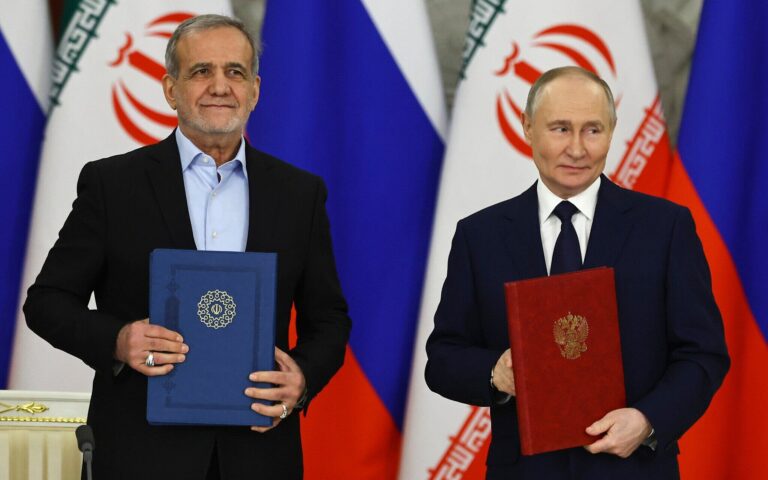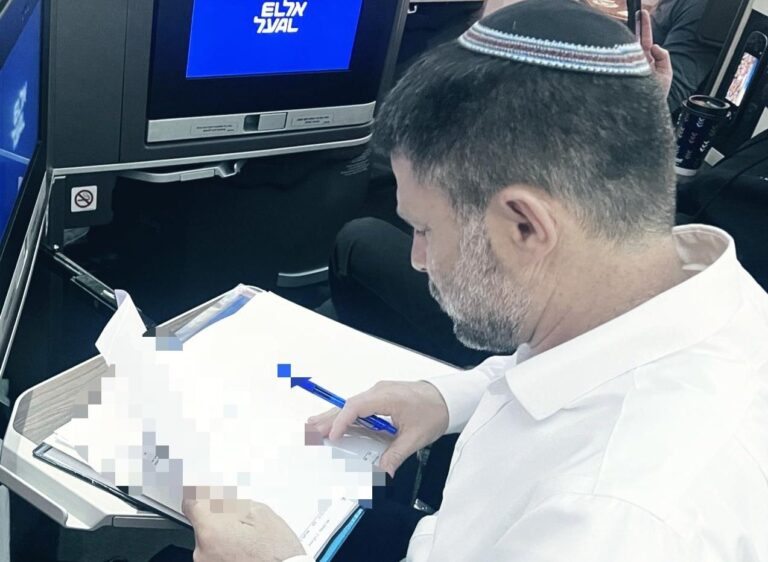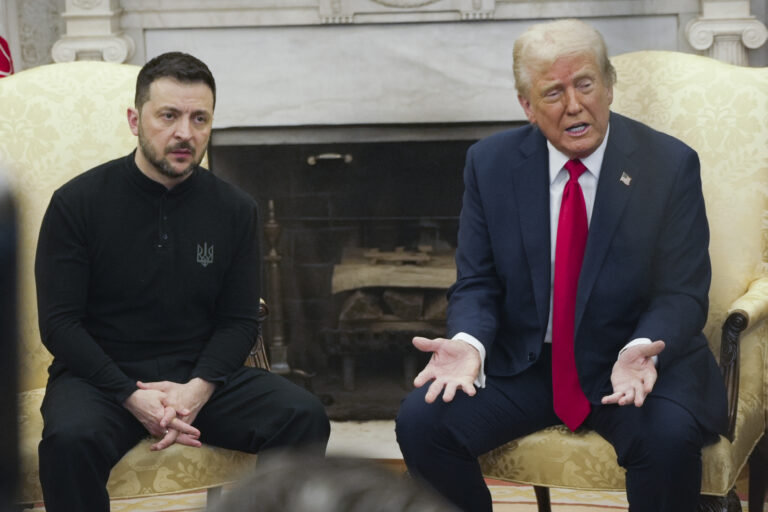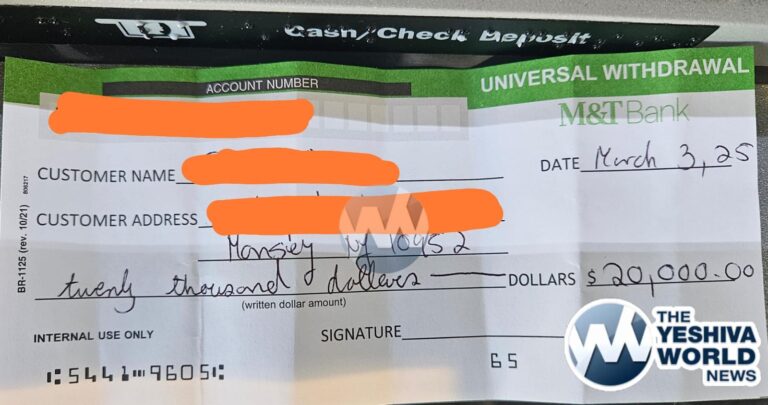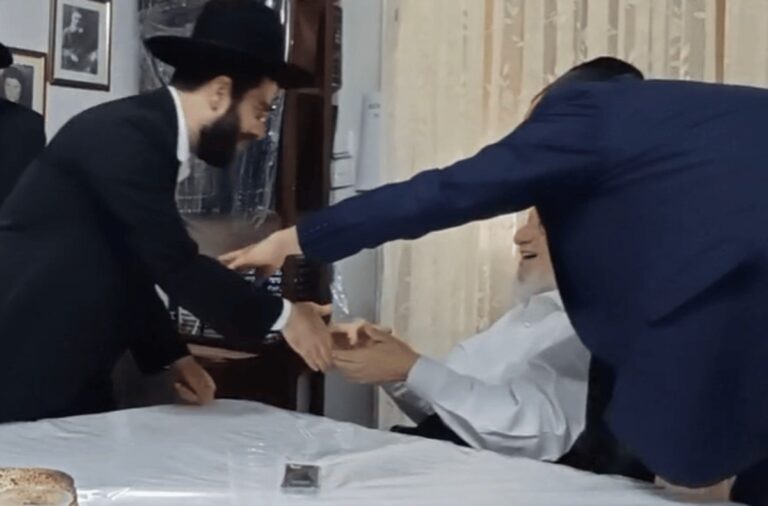Klal-Yisroel stands at Har-Sinai waiting to accept the Torah Hakedosha. “Awesome” and “spectacular” are inconsequential words to describe the truly momentous Kabbolas-HaTorah. Any description or depiction seems to do an injustice for the actual event. This is all true when we take a glance at the Passukim describing Kabbolas-HaTorah. When we take a look at the Medrashei Chazal this unique event takes on an even more unimaginable dimension.
Chazal tell us that Klal-Yisroel requested to experience receiving the Torah directly from Hashem rather than to have Moshe Rabeinu to serve as Hashem’s emissary. Chazal tell us that Hashem accepted their plea as He too desired to transmit the Torah directly to the People (see Medrash Rabba). Hashem Himself spoke the first two of the Ten Commandments to Klal-Yisroel. The Zohar Hakadosh (Yisro) says that after Hashem said the first commandment, Klal-Yisroel’s Neshamos (souls) flew out of their bodies and ascended to the Heavenly Throne.
The Zohar then tells us that Hashem immediately asked: what is the purpose of the Torah and the world if not for there to be a Klal-Yisroel to keep it? Thereupon, says the Zohar, Hashem let the Torah revive Klal-Yisroel and the whole Am-Yisroel was resurrected. The Gemorah Shabbos tells us a similar story: After each word from Hashem, Klal Yisroel’s souls jumped out of their bodies. The Gemorah then asks: if they died immediately after the first word, how could Klal-Yisroel even have heard the second and so on and so forth? The Gemorah answers that Hashem used each time the very same dew that He will eventually use once again to resurrect all of the dead of Klal-Yisroel. The Medrash (Medrash Rabba) seems to concur that indeed Hashem himself said the First two of the Ten Commandments. The Passuk tells us that at some point Klal-Yisroel couldn’t handle it and requested that Hashem should cease to talk to them directly, that they would prefer to hear it from Moshe instead.
While the Gemorah does ask how Klal-Yisroel heard the second word etc from Hashem, there is still a crucial question that hasn’t been asked. Klal-Yisroel wanted originally to hear the Torah given from Hashem, but once they had understood the consequences of hearing Divine Speech, what possessed them not to ask Hashem to stop immediately? Why did they have to be resurrected a second or a third time?
It seems that there was something that deluded Klal-Yisroel into thinking that once they were resurrected they were somehow invincible. They thought that for some reason they wouldn’t go through the same shock and hence that they wouldn’t be killed again. The Zohar Hakadosh tells us that they were resurrected through the Torah itself, while the Gemorah tells us that they were resurrected through the dew that is to be used for the eventual final resurrection of all dead.
According to the view that Klal-Yisroel were revived through the Torah itself they now understood that they were living a different sort of life. They understood that their life was no longer an empty physical life, but rather a life of holiness and spirituality, that their physical being existed so as to be able to accomplish the Divine Will in the physical sphere. Perhaps indeed the Zohar Hakadosh and the Gemorah are making a similar point: Klal-Yisroel were indeed revived through the Torah, and in the final resurrection as well Klal-Yisroel will be revived through Torah. Klal-Yisroel will be resurrected only for the sake of being able to live Torah.
Indeed, in the final resurrection there will be no more death and Divine Revelation will be a state of being. Klal-Yisroel erred in the fact that they thought their resurrection at Sinai to be alike that of the final redemption. Hashem revived us at Sinai so that we should realize that to really become close to Him we must truly accomplish our closeness ourselves. In order to achieve closeness to Hashem we must toil in Torah and Mitzvos in the physical realm and thus raise ourselves to heights of spirituality. In the final resurrection once this has all been accomplished then indeed we will be in a state of just physically living Torah and Mitzvos.
Klal-Yisroel truly thought themselves invincible. Only after experiencing the same death and then again the same resurrection, the resurrection of the Torah, did Klal-Yisroel really grasp that living in the physical with a constant struggle, with a constant striving for Ratzon Hashem, is truly what Hashem wants from us.
A very warm Good Yom-Tov, Rabbi Y.Dov Krakowski




